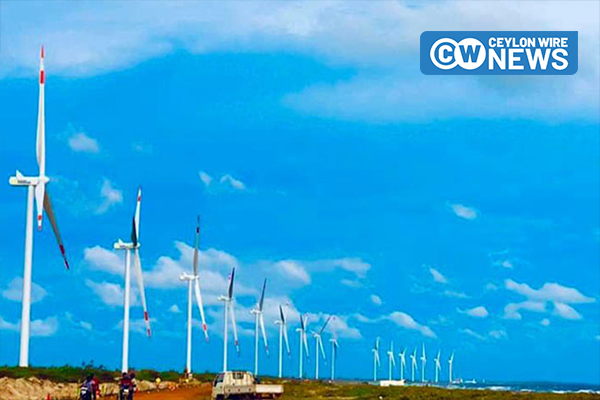Adani Green Energy’s wind energy project in Sri Lanka’s northern Mannar and Pooneryn districts has been challenged in the island’s apex court over potential environmental impact and “lack of transparency.”
On May 16, the Wildlife and Nature Protection Society (WNPS), one of Sri Lanka’s oldest environmental organizations, filed a Fundamental Rights petition in the Supreme Court of Sri Lanka to protect the unique ecosystem of Mannar Island.
The Society’s petition argues that the project threatens the island’s unique biodiversity and pristine landscapes, particularly in Mannar, which is the southernmost point of the Central Asian Flyway used by numerous migratory species and home to several indigenous water bird and bat species. The WNPS contends that Sri Lankan authorities’ approval of the project disregarded Mannar’s status as a biodiversity hub.
The petition also highlights the lack of transparency, noting that while the project is portrayed as a “Government-to-Government initiative with India,” details of contributions, grants, or loans from the Indian government have not been disclosed.
Additionally, the petition questions the credibility of the Environmental Impact Assessment (EIA) carried out by the Sustainable Energy Authority of Sri Lanka (SEASL) and the pricing formula for the sale of power from the project. Recently, Sri Lanka agreed to purchase power at $0.0826 (8.26 cents) per kWh from Adani Green Energy.
This marks the first legal challenge to Adani Group’s renewable energy project in Sri Lanka, which has previously faced criticism for the absence of due process and potential environmental costs. In February 2023, Sri Lanka’s Board of Investment approved Adani Green Energy’s $442-million wind power project. Additionally, the Adani Group has committed nearly $700 million to build a container terminal at the strategically located Colombo Port.
Source: The Hindu









